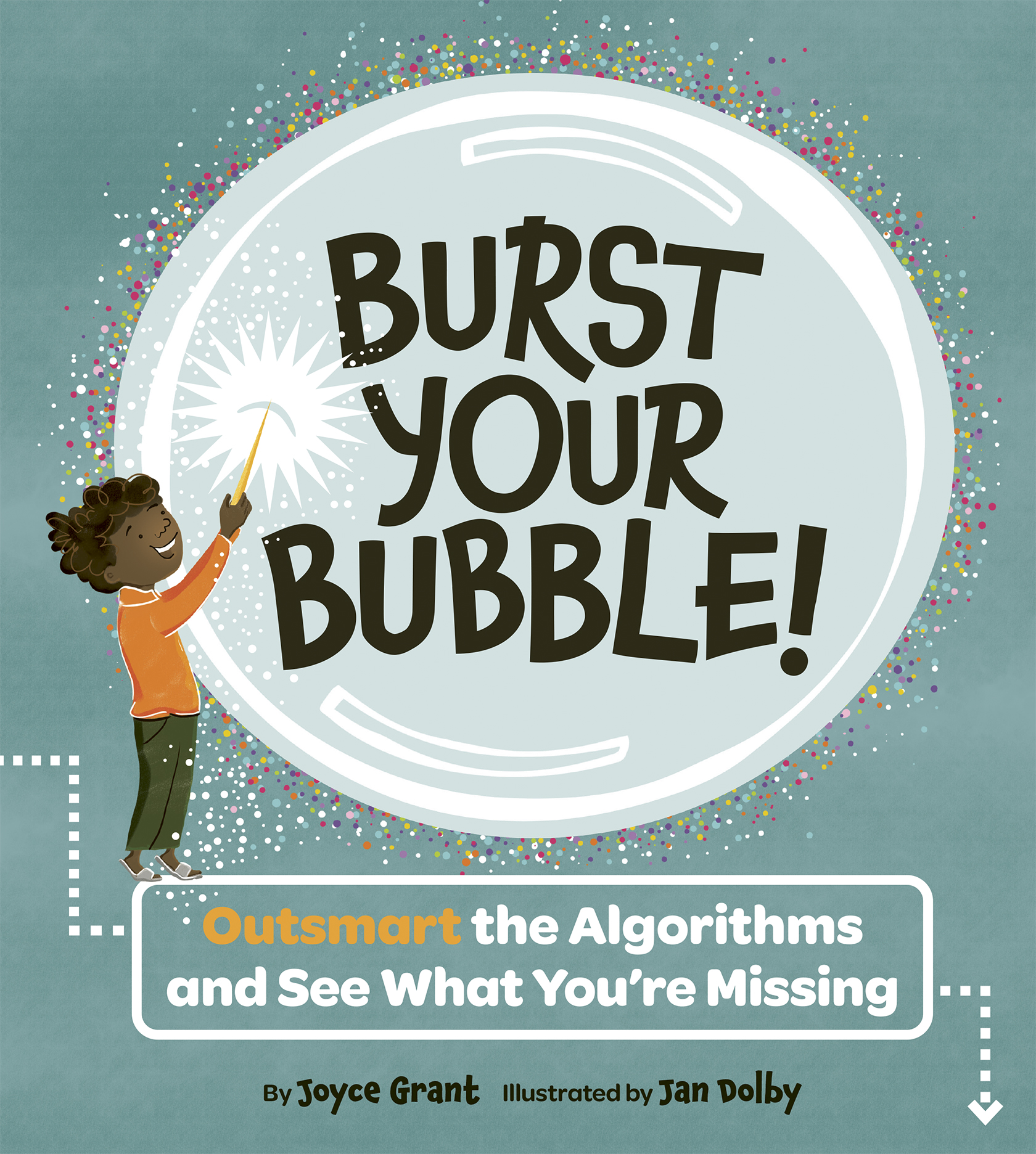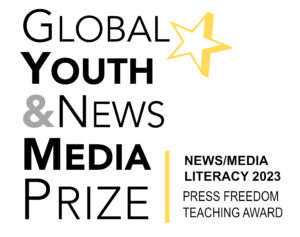
Stephen Hawking is a physicist, an expert in the science called physics, and generally regarded as a genius for his work in helping us better understand the universe.
Recently, he launched a new idea that has sent many space scientists back to the drawing board.
In 1975, Hawking developed a theory that “black holes” in the universe destroy anything that enters them.
This theory created a problem for physicists, because there is another theory that goes against Hawking’s theory.
The other theory says that “energy cannot be created or destroyed.”
But if energy goes into a black hole, wouldn’t it be destroyed? If so, how can both theories exist?
This problem was known as the “Information paradox.” Two ideas that both seem correct, but they can’t both be correct because they are opposites.
Now, Stephen Hawking has come up with a new theory.
He says it may be that what we thought of as “black holes” may actually be more like “grey holes.” He said these “grey holes” in the universe don’t completely destroy everything; some matter may be able to escape.
He said black holes (or rather “grey holes”) are unpredictable and change wildly in time. Whatever goes into a grey hole, then, would be jumbled up but possibly not destroyed.
Hawking compared it to the way we predict the weather on Earth. While we can figure out what the weather will be, we can’t predict it more than a few days in advance.
Hawking posted his new theory on the website of Cornell University, where he works. Considering it is possibly a universe-changing theory, it uses very few words. However, the ideas in those words are vast.
Here is Hawking’s post (which is meant for science experts, and is extremely difficult for most non-scientists to grasp):
Information Preservation and Weather Forecasting For Black Holes
It has been suggested that the resolution of the information paradox for evaporating black holes is that the holes are surrounded by firewalls, bolts of outgoing radiation that would destroy any infalling observer. Such firewalls would break the CPT invariance of quantum gravity and seem to be ruled out on other grounds. A different resolution of the paradox is proposed, namely that gravitational collapse produces apparent horizons but no event horizons behind which information is lost. This proposal is supported by ADS-CFT and is the only resolution of the paradox compatible with CPT. The collapse to form a black hole will in general be chaotic and the dual CFT on the boundary of ADS will be turbulent. Thus, like weather forecasting on Earth, information will effectively be lost, although there would be no loss of unitarity.
Thank you to physics specialist Valerie Strain and astrophysicist Julie Abraham for their kind assistance with this article.
Related links
Stephen Hawking’s post on the Cornell University website.
This post on the website astrobites explains Hawking’s new theory. This post is complicated, but it may be interesting to older students or students who are very interested in space and black holes.
CURRICULUM CONNECTIONS
By Jonathan Tilly
Writing/Discussion Prompt
Physicist, Stephen Hawking has revolutionized our understanding of space numerous times throughout his career. What other individuals changed the world through their work? How did they do it? What characteristics do all of these people share?
Reading Prompt: Reading Unfamiliar Words
Did you read every word of Stephen Hawking’s post in this article? Probably not. But you likely read enough to understand that — well, that it’s pretty hard to understand. And that Hawking clearly knows a lot about science! This type of reading is called “skimming.” You “skimmed” Hawking’s post to get something, but not everything, from it. How is skimming a helpful reading strategy?
Junior & Intermediate
Predict the meaning of and rapidly solve unfamiliar words using different types of cues, including: yntactic (language structure) cues (OME, Reading: 3.2).
Language Feature: Vocabulary Building
This article contains a “paradox,” two ideas that may both be correct, but which are opposites.
Here are some other paradoxes:
Jumbo shrimp.
Wise fool.
No one goes to that restaurant any more, because it’s always too crowded.
Don’t go into the water until you know how to swim.
Make a list of all lists that don’t contain themselves.
Call me if you don’t get this message.
Explain why these are paradoxes. It gets you thinking, doesn’t it?







